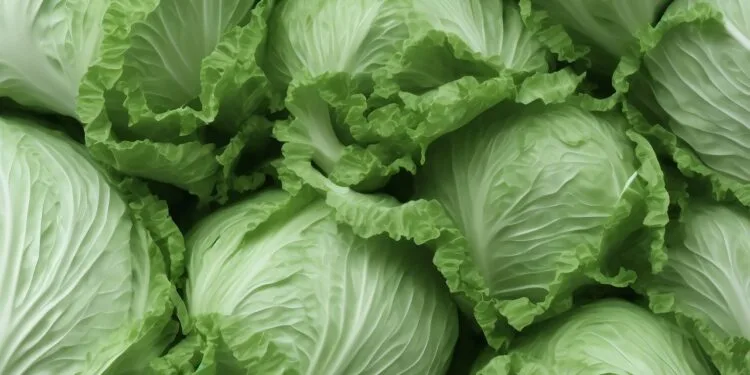Kenyans are still experiencing economic challenges despite the government’s assurance of lowering the cost of basic commodities. A kiligram of cabbage was the most costly food item in September 2024, compared to the corresponding period in 2023.
The average price of 1 kilogram of cabbage shot up to ksh78.33 in September 2024 from ksh56.16 in the same period in 2023, which is a 39.5% increase. The August average price stood at Ksh77.70, signaling the rear availability of a commodity that serves most of the low-income households.
Potatoes were the second-most expensive commodity, with an average retail price soaring to Ksh133.57 in September from Ksh130.57 in 2024 per kilogram, which is a 2.3% increase. However, the year-on-year price shot up by a record 31.2% in 2024, biting millions of households that depend much on the commodity.
Oranges and beef with bones also increased to a record high under the year on review. Both oranges and beef with bones prices spiked by 24.4% and 14.5% per kilogram, respectively, in September 2024 from the corresponding month of 2023.
However, a glimmering sigh of relief is settling on sugar, maize grain, and wheat flour consumers, which is a wider representation of a regular diet in millions of households. The costs of a kilogram of sugar, maize grain-loose, and wheat flour dropped by 29.7%, 19.8%, and 10.9%, respectively, in the period under review.
The non-foods, such as petroleum products, and electricity dropped marginally as compared to September 2023. The average cost per liter of petrol, diesel, and kerosene decreased by 10.7%, 14.6%, and 21.8%, respectively, in September 2024. 50 KW and 200 KW of electricity dropped by 2.7% and 10.3% correspondingly, easing a bit of preassure on manufacturers.
However, another pain continue to rip through many households that depend on cooking gas/LGP for cooking activities. The Kenya National Bureau of Statistics (KNBS) only collected data on 13 kg of cooking gas, which soared to 14.3% in September 2024 under the period under review.
The skyrocketing prices on major food items like cabbages, onions, potatoes, and beans could be as a result of the May-June downpour, which swept away most farms, ripping farmers off their long-term efforts before reaching markets.







